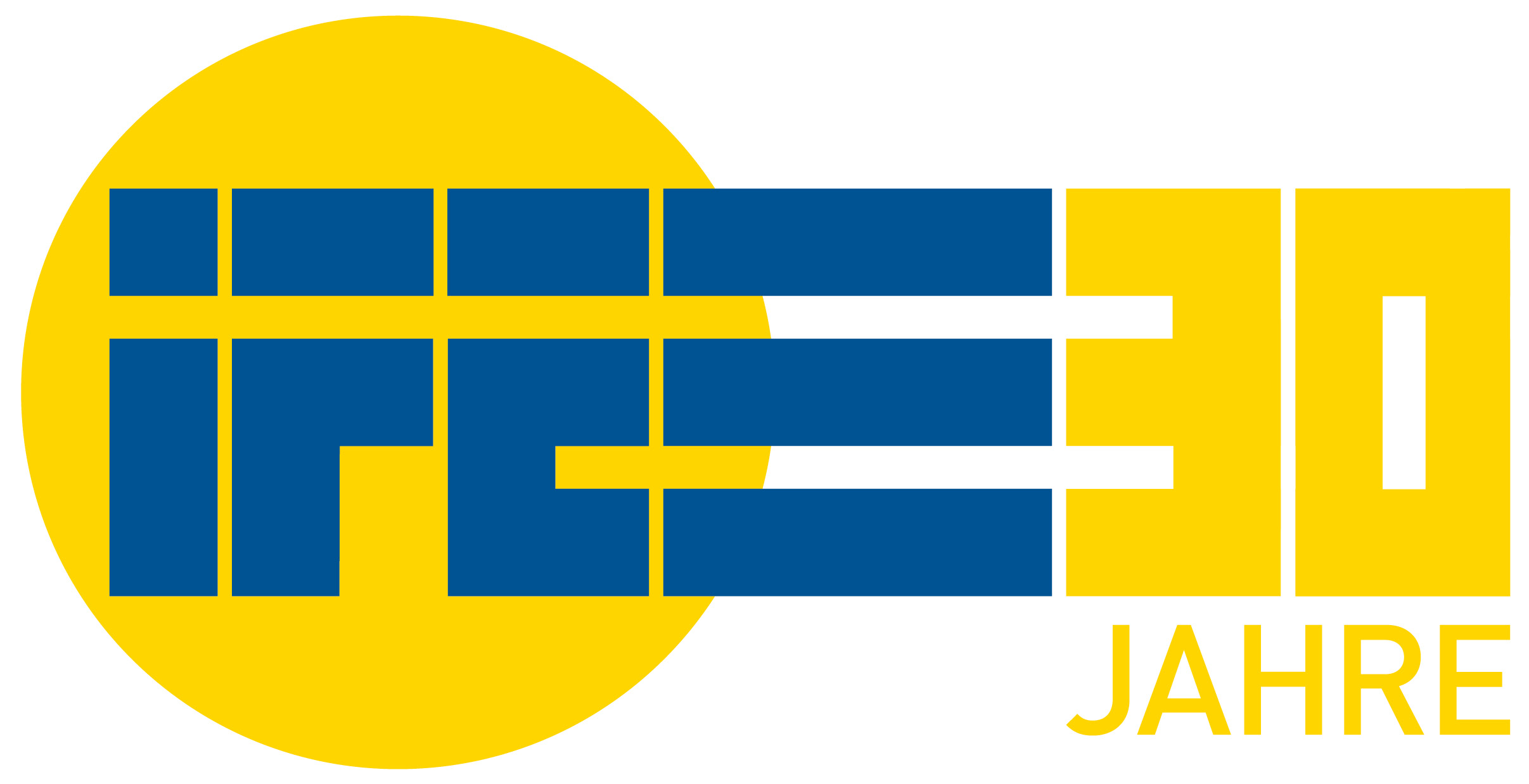Version [52013]
Dies ist eine alte Version von LVWiWiBusinessCycleAnalysis erstellt von Pioch am 2015-04-26 21:07:03.
Empirische Wirtschaftssforschung C: Business Cycle Analysis
Contact
If you will have a question, please use this link to contact Ms. Prof. Dr. Hildegard Breig.
Course Material
The course material is available in the share folder of the faculty.
Textbooks
If you will have a question, please use this link to contact Ms. Prof. Dr. Hildegard Breig.
Course Material
The course material is available in the share folder of the faculty.
Textbooks
- European Central Bank, 2013, An Assessment of Eurosystem Staff Macroeconomic Projections, in: ECB Monthly Buletin, May, pp. 70-83
- González Cabanillas, L., and Terzi, A., 2012, The Accuracy of the European Commission’s Forecasts reexamined, Economic Papers 476,
- Heilemann, U., and Stekler, H.O., 2013, Has the Accuracy of Macroeconomic Forecasts for Germany Improved?, in: German Economic Review, vol.14, issue 2, pp. 235-253
- Van Ruth, F., Schouten, B., and Wekker, R., 2005, The Statistics Netherlands’ Business Cycle Tracer. Methodological Aspects; Concept, Cycle Computation and Indicator Selection, 2nd draft, October
More information regarding the courseCredits: 5 ECTS Degree programm: Bachelor-degree faculaty business and economics; recommend participation to the students from the 4th semester Duration of the course: one semester, 4 SWS Learning outcomes: Deepining students' knowledge about causes, measurement and forecastig of economic fluctuations. Students will be able to:
Grading: Final written exam (100%) |
Information
The lecture "Business Cycle Analysis" hosted by Ms. Prof. Dr. Hildegard Breig takes place conventionally from the fourth semester up to the sixth semester.
Topics
1. Introduction
2. History of Business Cycle Analysis
- Theoretical Approaches
- Empirical Work
3. Business Cycle Measuement
- Fluctuations of Real GDP and its Demand Components
- Categories of Business Cycle Indicators
4. Graphical Representation
- The Dutch Business Cycle Tracer
- The European Business Cycle Clock
5. Business Cycle Forecasts
- The OECD's Economic Outlook
- The European Commission's Economic Forecast
- The ECB's Staff Projections for the Euro Area
- Evaluation of Forecasts
Dates
In the summer semester 2015 the lecture is taking place:
| lecture part | Day | Time | Room |
|---|---|---|---|
| Part 1 | Monday | 04.15 - 05.45 pm | C105 |
| Part 2 | Tuesday | 2.15 - 3.45 pm | C105 |

